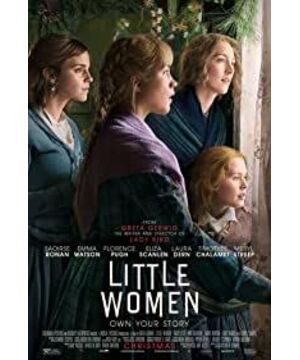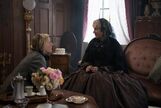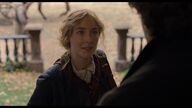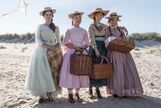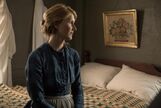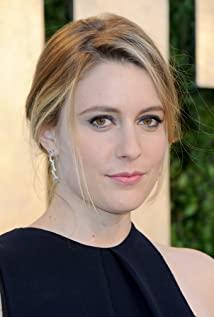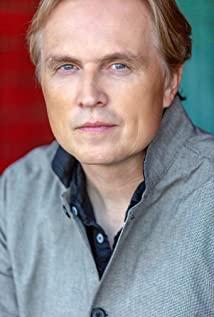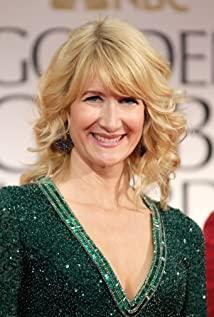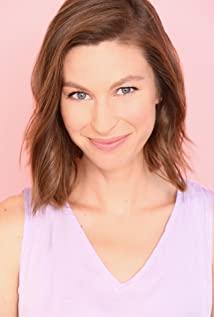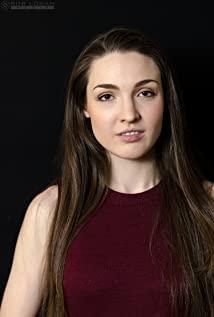It's a movie with no villains, not even a funny clown character. The film uses a non-linear narrative structure to directly pull the audience into a dark adult world, and then through various flashbacks, shuttle back and forth between the warm girlhood of the sisters seven years ago and the reality seven years later. It was a bit dull and dizzy for a while. I would like to share my thoughts on the four female characters. When Amy burned Joe's novels, I discovered that Amy was not a sheep, but a wild horse. She has the willfulness and frankness of a young girl, as well as the confidence and reason beyond her age. Aunt March was right, she was the most sensible of the sisters, so when Laurie later accused her of marrying a rich man for money, she calmly analyzed her situation and the social environment at the time, and spoke candidly about herself If I can't be a successful painter, I really want to marry a rich man, I don't think it's surprising at all. Here's one of my favorite episodes: Later, when she turned down F's engagement, she said she didn't think she loved him as much as she should. This is her confession to herself and the firmness of her love. She is also my favorite character in this movie. In the words of producer Amy Pascal: "This girl is very ambitious and sincere, but such women are often unattractive. In the past, people expected girls to be gentle, quiet and obedient, while Ai Millie's rebelliousness, confidence and candor are difficult for the world to accept. But now it's different. Young women can express themselves directly and candidly, and such roles are becoming more and more popular. "This is a remake of the 2019 version, which is undoubtedly very success.
Beth reminds me of Ruan Wan in "To Youth", a girl who is as light as water, not even emotional ups and downs. She is like a shell that can be seen everywhere by the sea. She is so ordinary and inconspicuous that it makes people ignore it, but you accidentally pick it up and break it open to find that there is a particularly gorgeous pearl inside. Joe is, of course, the obvious protagonist, almost fully embodying the writer's train of thought and ideas. At the beginning I thought she was very similar to Elizabeth in Pride and Prejudice, a character with a very strong vitality. They are all very smart and very sensitive. She also reminds me of Jane Eyre, both a model of female growth. At that time, I could make a deafening voice, but looking back now, I always subjectively feel that because it is too typical, the label feels a little heavy. Of course, the conversation she had with her mother in the attic is the heart of the film. She pointed out that many women are obviously very ideal, talented and talented, but the public thinks that women are only worthy of love, which makes her very annoyed. This is her highlight moment, and also the highlight moment of the whole play. Meg was the least talented girl of the sisters, but the good thing about her was that she was one of the ordinary girls. This is the type of girl you meet the most on the street. She is kind-hearted, loves fashion and all kinds of dresses, and longs for love. Some frivolous and some vain. If it were today, she would also be the kind of girl who would go through various fashion stores to buy and buy. But she also has a soft heart. She did not listen to Aunt March's advice and chose to marry John, a poor governess. After repeated ideological struggles, she sold the expensive cloth that she intended to make clothes. I don't know if it's because of the movie, or just the novel (because I haven't read the novel), the portrayal of her is not very deep, but I think she is the favorite type of postmodern novelists in the 20th century. The process of watching a movie is always easy to think of "Pride and Prejudice". There are always so many families with many sisters in literature and film. Women are originally gregarious animals, and women's emotions are more delicate and subtle, making a lot of writing possible. What Jane Austen wants to discuss is marriage and what is a good marriage. The answer she gave us is that love and economic foundations are indispensable. And Louisa May Alcott wanted to discuss the growth of women and the integrity of life. The answer she gave was that women must truly live out, in order to be able to love, to find love, and love is also make people more complete. As for money, I think she is a dispensable attitude.
View more about Little Women reviews


